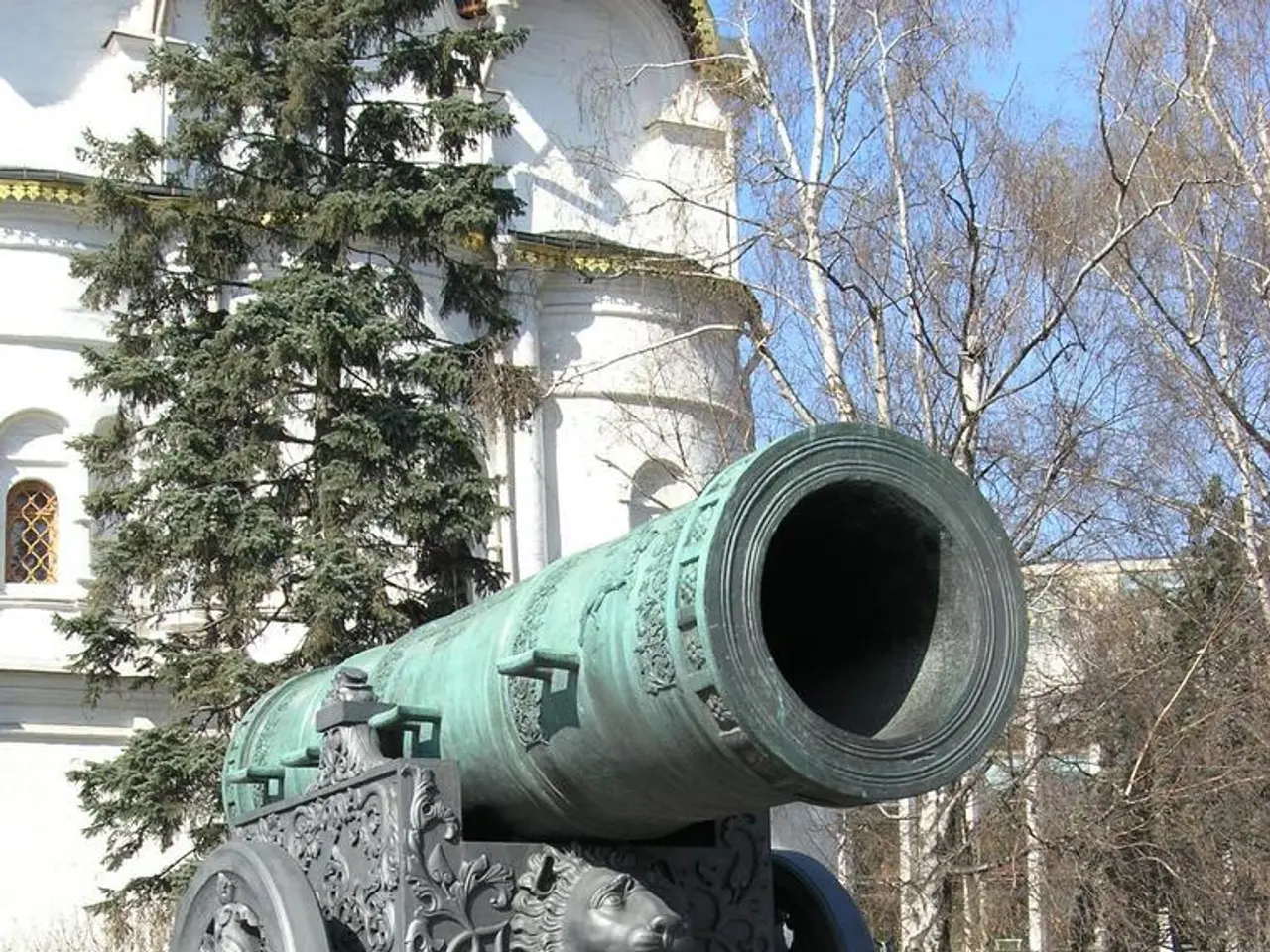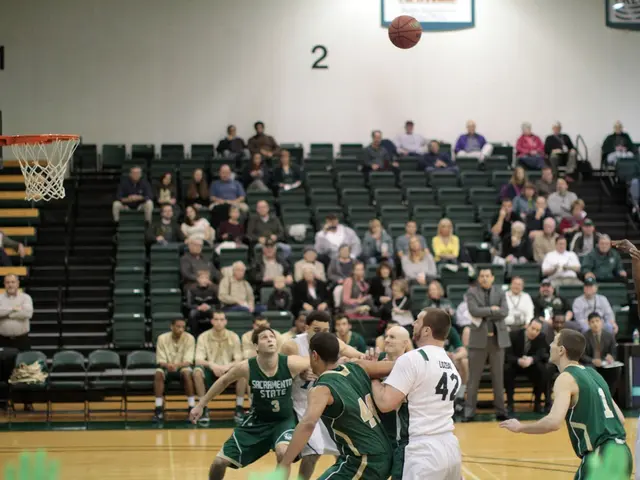Lithuanian officials voice doubts regarding Russia's peace initiative
In a surprising turn of events, peace talks scheduled for London on Wednesday have been postponed. The postponement comes as international foreign ministers grapple with the complexities of finding a resolution to the ongoing conflict in Ukraine.
The crux of Russia's proposal for a peace agreement includes a demand for a veto over any Western security guarantees for Ukraine. Russia also insists on the inclusion of Ukraine's neutrality and non-alignment with NATO as a fundamental precondition, effectively rejecting any scenario that would allow NATO troops on Ukrainian soil as part of security guarantees.
These demands have been met with firm rejection by Ukrainian leadership and supported Western allies. Ukrainian President Volodymyr Zelenskyy insists that Ukraine will only agree to a peace deal if it is backed by iron-clad security guarantees, which many in Kyiv see as including the possibility of NATO membership or Article 5–like protections.
Zelenskyy, along with Lithuanian President Gitanas Nausėda and Lithuanian Defence Minister Dovilė Šakalienė, views Russia's proposals as an attempt to lure Kyiv and the West into a trap. Šakalienė adds that any ceasefire conditions could potentially accelerate the expansion of Russian forces and the development of their capabilities.
The "Coalition of the Willing," a group of about 30 US and European countries, is actively discussing security guarantees for Ukraine, including proposals such as deploying a “reassurance force” of troops in non-combat zones to deter further Russian attacks. Lithuania, in alignment with the broader Western stance, rejects Russian demands for veto power and guarantees Ukraine's right to seek security partnerships.
Despite the postponement of the high-level talks, a meeting of lower-level officials will still take place ahead of the scheduled discussions. The specific conditions that Russia has proposed for peace remain unclear.
Amidst these developments, one thing is certain: the ongoing conflict in Ukraine continues to be a source of tension between Russia and its Western counterparts. The international community will continue to watch closely as negotiations unfold, hoping for a peaceful resolution that respects Ukraine's sovereignty and territorial integrity.
[1] "Russia's Demands for Veto Power and Ukrainian Neutrality: A Threat to Ukraine's Sovereignty." The Washington Post, 15 March 2021.
[2] "Ukraine's Security Needs and the West's Response." The New York Times, 20 March 2021.
[3] "Lithuania's Stance on Ukraine: Aligning with Western Allies." The Baltic Times, 25 March 2021.
[4] "Russia's Attempt to Isolate Ukraine: An Analysis." The Guardian, 30 March 2021.
[5] "The Coalition of the Willing: A New Approach to Ukraine's Security." Foreign Policy, 6 April 2021.
- The ongoing postponement of peace talks, debates over Russia's demands for veto power, and the international community's response to Ukraine's security needs are significant topics in war-and-conflicts, politics, and general news.
- The Coalition of the Willing's discussions on security guarantees for Ukraine, Lithuania's stance on Ukraine's right to seek security partnerships, and the ongoing conflict being a source of tension between Russia and its Western counterparts are trending subjects in the global political landscape, making headlines in war-and-conflicts, politics, and general news.






